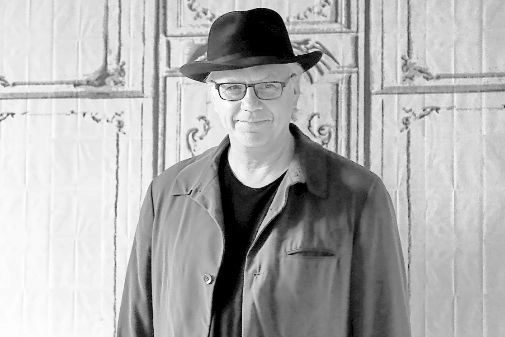Tim Robbins (West Covina, 1958) does not want to clarify how the prisoners of the California prison reacted when the protagonist of 'Life imprisonment' appeared before them and, therefore, the greatest myth for any convict. That leak, in effect, remains unforgettable. Just laugh. «My idea was not to provoke them. Not to mention, be an example of anything ». And he laughs again and he does it because yes and because the documentary presented this Monday in Venice goes about it. To laugh, to get excited. '45 Seconds of Laughter '('45 seconds of laughter') offers the testimony of 10 work sessions in a period of 8 months with inmates of the interpretation group The Actor's Gang of which he is director.
How would you define your work with prisoners? And how do you work as a documentary filmmaker? In both cases it is a collective work. That is the key. The idea of the actor is linked to that of vanity, individuality ... And it is just the opposite. The interpretation consists in creating something in common. The objective is to transfer that idea to each session as well as to the documentary itself. Anyway, I want to make it clear that it was not a therapy or anything like that. We didn't ask people what their case was or how they felt. It was about going there and acting. There, how would you say that the prisoners evolved or changed throughout the days? We use the characters of the Comedy of Art as triggers. Those who participated were licensed to use emotions they never use. When you are in prison the only recourse is anger. It is a resource you use to survive. And there are people who wear that hate mask for years. And that ends up affecting. If you put on a hateful face you end up feeling that hate. When you propose that there are other ways of communicating, you feel a release. Talk about jail and give the impression that you are talking about our society in general ... Without a doubt. We have made anger the only way to relate. And it is anger that defines us as a society. Anonymity in social networks, for example, has made the only way to identify and identify ourselves as originals is insult. It is very easy to hate or be afraid of someone in an abstract way. An immigrant, a profile on a social network ... Who are they? As soon as you put face and look into the eyes ... God! So, he is a person who is like you and needs help. Is there anything about prison movies that I would suppress after knowing what is going on so closely? It's funny because reality ends up copying fiction. By force of repeating the schemes of the bad boys in the cinema, the prisoners end up adopting those roles, for imitating them. Breaking that, which is what we do, gives you the image of a human being. Nothing else. There are inmates who are in prison for years for a misdemeanor. If they had had to pay a lawyer they would not be there. It is a problem of division between rich and poor.According to the criteria of The Trust Project
Know more- culture
- movie theater
IN CAMERA DE ONCE VARASCarlos Saura: "I felt betrayed by Antonio Banderas"
The new James Bond movie already has a title: 'No time to die'
CultureRobert De Niro sues an employee for watching 55 episodes of Friends in four days at work

